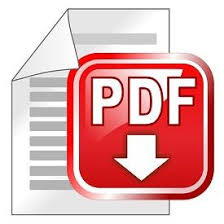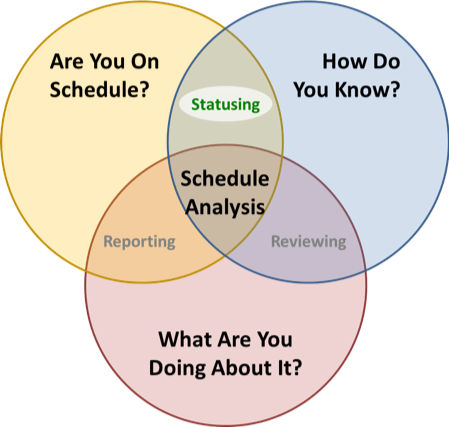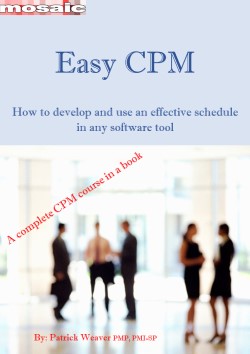Location:
PMKI > Project
Controls and Scheduling > Authorizing &
Maintaining the Schedule.


- Authorizing and baselining the
project schedule
- Statusing and updating the project
schedule
- Useful External Web-links &
Resources.
Other related sections of the PMKI:
- Schedule Development &
Time Analysis
- Reporting &
Communicating Controls Information
 Art:
Assurance for high risk projects. High-risk,
high reward projects that have the potential to transform
an organization require a robust, independent assurance
function!
Art:
Assurance for high risk projects. High-risk,
high reward projects that have the potential to transform
an organization require a robust, independent assurance
function!
Managing delays and disruptions to a schedule are
discussed in:
Assessing
Delay and Disruption - Tribunals Beware,
and
Delay, Disruption and Acceleration Costs.
The specific issue of assessing parallel delays in WP1064
- Concurrent Delays.
For more on delay and disruption claims see: Forensic time analysis and reporting.
 Critical
path scheduling techniques, supported by efficient
scheduling software have long been recognized as a
standard component in the overall project management
process. So why does project scheduling so often fail to
deliver on its promise? One answer to this question is the
opportunities missed by many project teams to make their
schedules work for them. Simple changes in the way
schedules are developed, implemented and managed can
deliver major increases in the returns from the investment
made in the planning / scheduling processes. The first
area of consideration is the various options available to
develop and "update" a schedule and how the different
information produced can influence the thinking of both
project management and project team members. The second
area of consideration is the power of the update process
in itself to change project team behaviour and attitudes
towards the overall success of a project.
Critical
path scheduling techniques, supported by efficient
scheduling software have long been recognized as a
standard component in the overall project management
process. So why does project scheduling so often fail to
deliver on its promise? One answer to this question is the
opportunities missed by many project teams to make their
schedules work for them. Simple changes in the way
schedules are developed, implemented and managed can
deliver major increases in the returns from the investment
made in the planning / scheduling processes. The first
area of consideration is the various options available to
develop and "update" a schedule and how the different
information produced can influence the thinking of both
project management and project team members. The second
area of consideration is the power of the update process
in itself to change project team behaviour and attitudes
towards the overall success of a project.
PP: Managing for Success - The power of regular updates. This paper looks at the interaction between the analytical and psychological processes involved in schedule development and control systems to identify ways to deliver major enhancements in the planning / scheduling process (Including how to ask for progress information to obtain the maximum psychological benefit). A number of examples from successful (and less successful) projects are used to highlight the opportunities and techniques that can be used by any project team to significantly enhance their prospects for success. Download the paper.
Blg:
Do management techniques such as Scrum, Takt and Lean
Construction improve performance?
This post looks at how the Hawthorne Effect and
Heisenberg’s Uncertainty Principle can be used to improve
the effectiveness of the schedule in team planning
sessions.
WP: Proactive Project Surveillance. Effective surveillance systems are needed to identify which of an organization's projects are currently candidates for failure, in sufficient time to take action that will change the probability in a favorable way.
Blg: A focus on Work-Flow Little’s Law suggests that any increase in WIP automatically increases lead times! To borrow from Lean: WIP is a waste and needs to be minimized. This post explains why in-progress and part complete work needs to be minimized.
WP: Decision Making.
The purpose of statusing the project is to develop the
information needed to inform project management decision
making, this paper looks at the different types of
decision and the options for making a 'good decision'. For
more on managing issues and making effective decisions
see: Making
Decisions.
WP: Schedule Compression. This WP focuses on the techniques and risks associated with schedule compression, including 'fast-tracking' and 'crashing'.
For papers on predicting project completion allowing for uncertainty, see Schedule Risk & Uncertainty.
Advice and guidance on baselining the schedule and the use of statusing and updating to control the schedule is contained in Sections 5.2 and 5.3 of Easy CPM.
 Easy CPM is
an easy-to-read, course-in-a-book that provides practical
training and guidance to individuals and organizations
involved in developing or using CPM schedules based on the
Critical Path Method (CPM). It is designed to act as both
a reference, and practice guide, for people implementing
CPM scheduling after they have learned to use the CPM
scheduling software of their choice.
Easy CPM is
an easy-to-read, course-in-a-book that provides practical
training and guidance to individuals and organizations
involved in developing or using CPM schedules based on the
Critical Path Method (CPM). It is designed to act as both
a reference, and practice guide, for people implementing
CPM scheduling after they have learned to use the CPM
scheduling software of their choice.
See more, free preview and buy ($35, immediate download).
Access the Guild of Project Controls Body of Knowledge. A suite of process-based documents which define Project Controls (membership required): http://www.planningplanet.com/guild/GPCCAR-modules